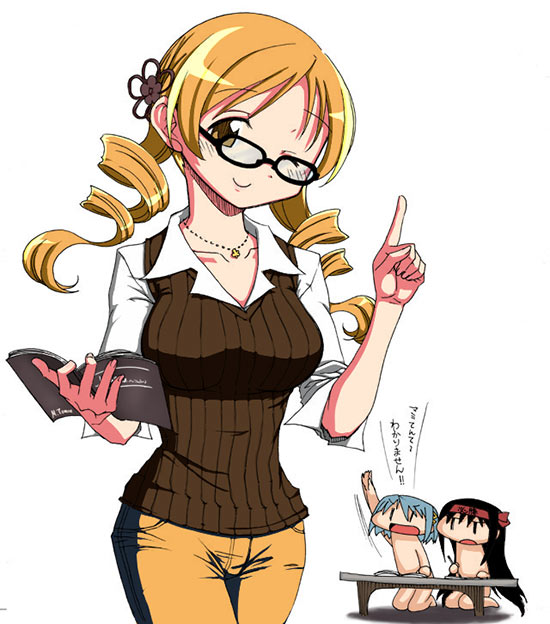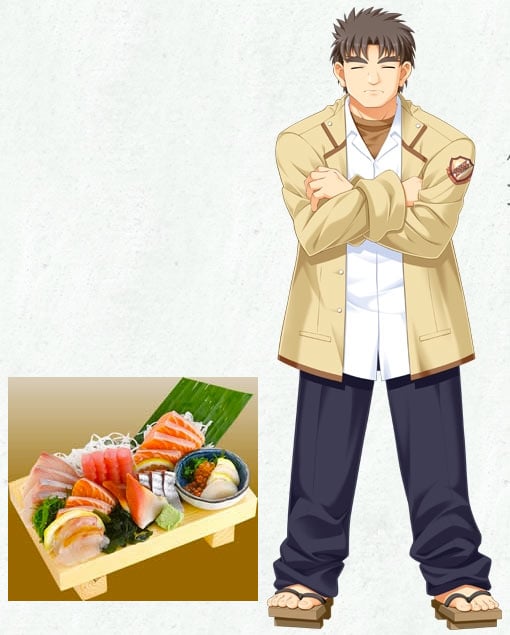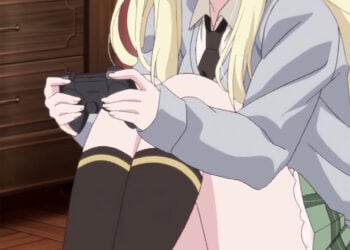Google has radically changed the way we get information, and if you have a question about something — say, about Japan — the answer is usually only a few keystrokes away. One of my hobbies is typing phrases like “why do Japanese…” into Google and see what results it suggests using its autocorrect feature, based on questions others have entered. Here are some questions about Japan I saw, and the answers.
Are Japanese and Chinese characters the same?
Japan uses “traditional” kanji characters, which are also used in Hong Kong, Taiwan and Macau. The meanings of words are usually the same, though the underlying grammar and pronunciation are very different. China, Malaysia and Singapore use the more modern “simplified” kanji system.
Why do Japanese wear masks?
When you walk down the street in Japan you’ll often see people with colds are allergies wearing what appear to be surgical masks. They wear them to keep from spreading their germs to others, but also as polite warning for others not to get too close. Seeing those masks gave an Aflac executive who was visiting Japan the idea to expand into the Japanese market, which is now worth billions to the company.
Are Japanese houses made of paper?
No, but traditional Japanese houses like mine always contain 和室 washitsu, Japanese tatami rooms, which have 障子 shoji, sliding wooden doors with paper coverings. Cats and children just love to poke holes in the paper.
Why do Japanese songs have random English words in them?
Most anime or JPOP songs contain English phases like “get chance and luck” or “wanna be the biggest dreamer” or “nice to meet you, good to see you,” seemingly at random. This is done because it’s cool and because Japanese attach positive emotions to English as a language, perhaps because English class is more fun than other classes in school.
Why do Japanese add –san, –kun etc. to the ends of names?
It’s just the structure of the language to add these name suffixes, such as –san (for general politeness or when speaking with someone older than you), –kun (usually for males you are friendly with), and -chan (for females you are close to, or who are younger than you). It’s possible to figure the relative ages Japanese people just by listening to them speak for a few minutes.
Why do Japanese get nosebleeds in anime?
It’s just a joke, a meme that’s been around for decades. It got its start in a Shonen Jump manga called Yasuji’s Life Lessons for Messed Up Kids, published in 1970.
Why do Japanese eat KFC on Christmas?
Like Valentine’s Day, Christmas is a fairly recent import to Japan, and the lack of existing traditions made it possible for KFC to insert its products into Japanese family life easily. Actually, the modern image of we have of Santa Claus was shaped almost entirely by Coca-Cola’s advertising in the 1930s.
Why do Japanese coins have holes in them?
The 5 and 50 yen coins have holes in them, a holdover from old Chinese coins which had holes so you could carry your coins on a string. The holes help blind people differentiate the coins, too. The 5-yen coin is considered lucky and is used in Japanese good luck charms.
What do Japanese call their country?
Either Nippon or Nihon. Both are valid ways to pronounce 日本, characters which mean “origin of the sun.”
Do the Japanese have a military?
Yes. Japan’s military is officially designated as Self-Defense Forces and are only for defense. They lack offensive weapons such as surface-to-surface missiles or long-range aircraft, and have no marines. Whenever China or South Korea rail against “Japanese aggression” because of disputes over the ownership of silly rocks in the Pacific, I wonder if their citizens are made aware that, alone among the nations of the world, Japan maintains a military that is incapable of attacking another country.
Why do the Japanese love Anne of Green Gables so much?
In the 70s Japan had a boom in anime based on famous Western literature, helped along by a young animator named Hayao Miyazaki. As a result, Japanese have a very high awareness of classic stories such as Heidi, Girl of the Alps, Anne of Green Gables, and the famous Belgian story A Dog of Flanders.
Why do Japanese ghosts always have long hair?
Wow, never made that connection before, but yes, I’ve never seen a short-haired Japanese ghost. Modern Japanese horror has been heavily influenced by a classic kabuki play called 四谷怪談 yotsuya kaidan, or Ghost Story of Yotsuya, which dates back to 1825. The story featured a horrible female ghost with long, straight hair, which got the classic Japanese ghost tradition going.

Google users’ questions on Japan, answered.















